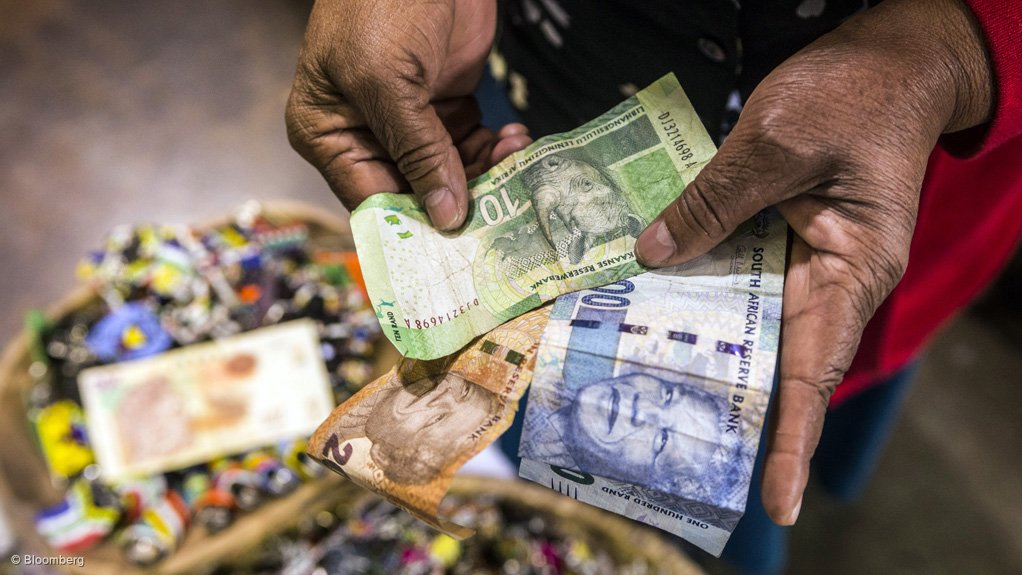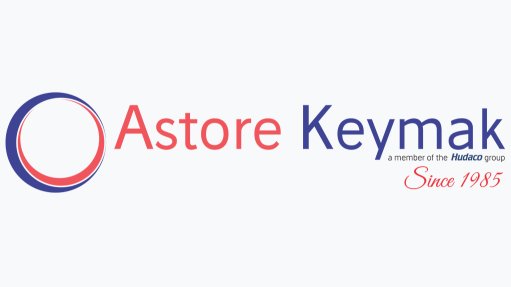Clarifying sustainability reporting imperative for modern business



DRIVING GROWTH GRI is assisting SMEs in Africa to gain access to global value chains by building their capacities for corporate sustainability management and reporting
Photo by Bloomberg
TIM MOHIN Sustainability is no longer just about managing risks, but about identifying opportunities where a commitment to sustainability can help businesses thrive
A clear and shared sustainability reporting framework is integral for enabling companies to demonstrate a positive impact on not only the economies but also the societies and environments in which they operate, says independent international organisation Global Reporting Initiative (GRI) CE Tim Mohin.
Speaking at this year’s Responsible Business Forum on Sustainable Development – held from August 31 to September 1, in Johannesburg – Mohin and other speakers reiterated that, in a rapidly changing and globalised business environment, financial transparency alone is no longer a sufficient requirement for the private sector, which has an unquestionable role to play in advancing the United Nations’ (UN’s) 17 Sustainable Development Goals (SDGs).
These goals were unanimously adopted by countries in 2015, requiring governments, the private sector and civil society to play their part in protecting the planet and ensuring prosperity for all. More than 400 leaders from the South African government, the UN Development Programme and the private sector gathered at the forum – the first to be held in Africa – to drive an agenda to help countries on the continent accelerate inclusive growth through the pursuit of the SDGs.
At the event, Mohin highlighted that the first step in facilitating practical and meaningful action from the business sector to create social, environmental and economic benefits for all was through the disclosure of sustainability information.
“You can only manage what you measure, and a clear and meaningful reporting system for communicating a company’s impact on critical sustainability issues, such as climate change, human rights, governance and social wellbeing, to the public, inspires account- ability, while helping companies identify and manage risks and seize new opportunities.”
The Complexities of Reporting
While sustainability reporting is regulated in some parts of the world, it is not yet globally mandated, and the lack of a standardised reporting system has led to sustainability reporting being poorly understood, executed and used.
At the Responsible Business Forum, International Integrated Reporting Council chairperson Mervyn King emphasised the need for a set of generally accepted sustainability reporting principles, much akin to the generally accepted accounting principles governing the compilation of financial statements, to ensure that pertinent information is communicated to stakeholders in a way that is meaningful and useful. He added that a standard set of rules governing the content and way of reporting would, moreover, ensure that accurate representations of a company’s performance are provided, allowing for comparability across industries.
King pointed to the SDGs – which are integrated and outcomes-based – as a viable guiding framework for sustainability reporting. He stressed that such reporting was not only crucial for demonstrating the “heart and soul” of a business – and protecting its reputation – but that social and environmental considerations were often deeply intertwined with the financial success of a company because of ever-restricting access to natural resources.
“A company’s sustainability report is too often misunderstood and disregarded by top management, which continues to . . . focus on financial reporting. Businesses need to take an integrated approach, aligning social and environmental considerations with good economic strategies and, similarly, integrating financial and sustainability reports to reflect this approach.”
King further noted that a common problem in sustainability reporting was the tendency towards information overload, and stressed that there was a need to “clear the clutter” and delineate areas of clear focus. He highlighted that the SDGs provide a common language for doing this by outlining a clear set of globally accepted goals from which businesses could develop their sustainability strategies.
However, with 17 goals and 169 targets, Mohin pointed out that the SDGs are often overwhelming and confusing for companies, which require a clear, shared framework that will ensure materiality, transparency and comparability in their reporting practices.
Far from being simply an arduous admini- strative function, Mohin further emphasises to Engineering News that sustainability reporting provides tangible benefits for businesses, noting that, over the past 20 years, companies that have aligned themselves with GRI’s reporting standards have demonstrated improved performance by improving their accountability to investors, customers and employees.
“Most important is that companies are empowered to take action and that reporting becomes a key driver in corporate decision-making. Sustainability is no longer just about managing risks – it is about identifying opportunities where a commitment to sustainability can help businesses thrive.”
Accountability Throughout the Value Chain
While mature, larger companies have embraced sustainability reporting, often competing with one another in terms of reputation, Mohin, moreover, notes that smaller companies are often still grappling with the process, unsure of how to implement it in their operations.
To help small and medium-sized enterprises (SMEs), GRI, together with the Swiss State Secretariat for Economic Affairs launched a Corporate Sustainability and Reporting for Competitive Business programme in 2016. This programme aims to build the capacity of local businesses in developing countries – including South Africa and Ghana – on corporate sustainability management and reporting to improve their ability to gain access to global value chains. This, in turn, contributes to creating more job and income opportunities in the target countries.
Headquartered in Amsterdam, GRI has pioneered sustainability reporting worldwide since 1997, providing the first and most widely used set of global standards for such reporting. “Reporting with the GRI standards supports companies, public and private, large and small, to protect the environment and improve society, while thriving economically by improving governance and stakeholder relations, enhancing reputations and building trust,” Mohin tells Engineering News.
The second phase of the programme was launched in September last year, for a roll- out of four years, and Mohin highlights that the GRI has received interest from several other African countries, including Nigeria and Kenya, who would like to be included in the programme.
Article Enquiry
Email Article
Save Article
Feedback
To advertise email advertising@creamermedia.co.za or click here
Announcements
What's On
Subscribe to improve your user experience...
Option 1 (equivalent of R125 a month):
Receive a weekly copy of Creamer Media's Engineering News & Mining Weekly magazine
(print copy for those in South Africa and e-magazine for those outside of South Africa)
Receive daily email newsletters
Access to full search results
Access archive of magazine back copies
Access to Projects in Progress
Access to ONE Research Report of your choice in PDF format
Option 2 (equivalent of R375 a month):
All benefits from Option 1
PLUS
Access to Creamer Media's Research Channel Africa for ALL Research Reports, in PDF format, on various industrial and mining sectors
including Electricity; Water; Energy Transition; Hydrogen; Roads, Rail and Ports; Coal; Gold; Platinum; Battery Metals; etc.
Already a subscriber?
Forgotten your password?
Receive weekly copy of Creamer Media's Engineering News & Mining Weekly magazine (print copy for those in South Africa and e-magazine for those outside of South Africa)
➕
Recieve daily email newsletters
➕
Access to full search results
➕
Access archive of magazine back copies
➕
Access to Projects in Progress
➕
Access to ONE Research Report of your choice in PDF format
RESEARCH CHANNEL AFRICA
R4500 (equivalent of R375 a month)
SUBSCRIBEAll benefits from Option 1
➕
Access to Creamer Media's Research Channel Africa for ALL Research Reports on various industrial and mining sectors, in PDF format, including on:
Electricity
➕
Water
➕
Energy Transition
➕
Hydrogen
➕
Roads, Rail and Ports
➕
Coal
➕
Gold
➕
Platinum
➕
Battery Metals
➕
etc.
Receive all benefits from Option 1 or Option 2 delivered to numerous people at your company
➕
Multiple User names and Passwords for simultaneous log-ins
➕
Intranet integration access to all in your organisation



















